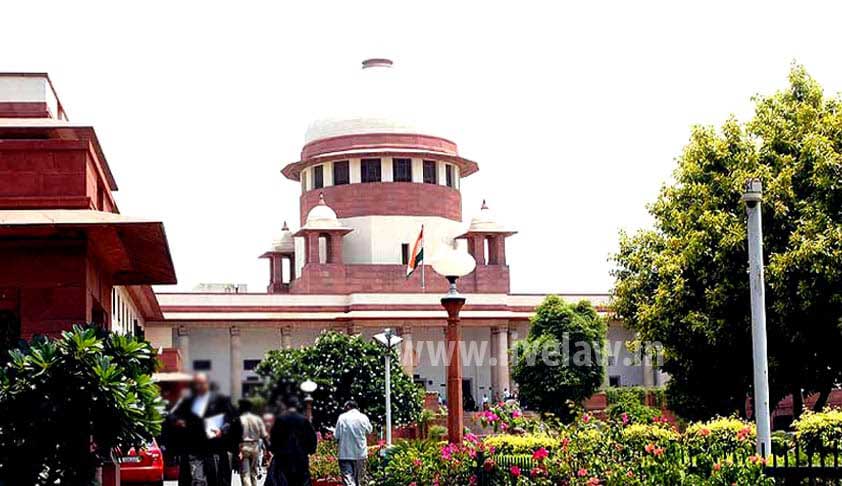Challenge against Maharashtra LAW CET: SC issues notice to State and BCI
LIVELAW NEWS NETWORK
29 Aug 2016 7:37 PM IST

Next Story
29 Aug 2016 7:37 PM IST
A Division bench comprising Justices Madan B Lokur and RK Agrawal Today has issued notices to the Maharashtra Government and the Bar Council of India in a Special Leave Petition filed against the Bombay High Court judgment dismissing the writ petitions challenging the introduction of CET for undergraduate courses in law.It is argued that the counseling is yet to be held because approximately...
